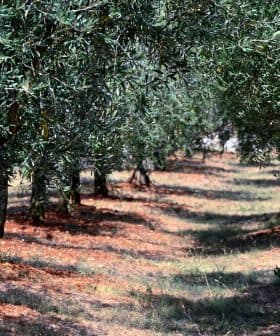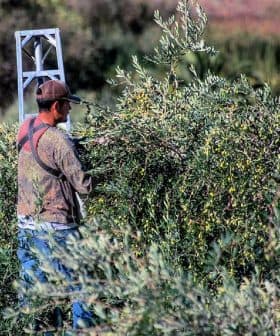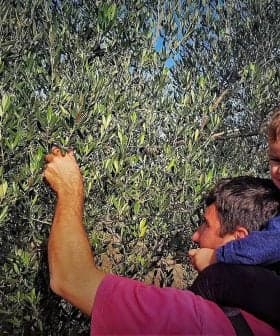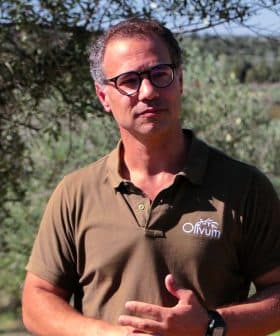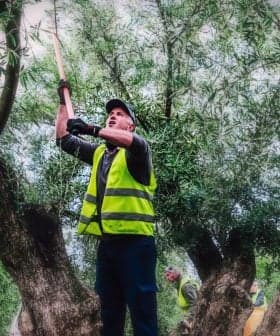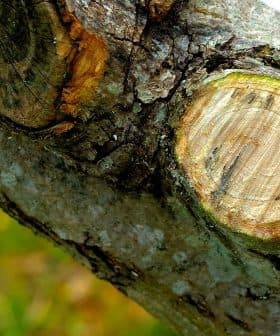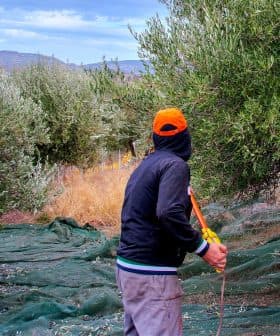Olive Farmers on Croatian Island Sue Local City Over Land Ownership
The latest harvest of wild Lun olives did not produce top-quality oil, as the olive trees were affected by intense heat, pests, and ownership disputes. The growers on Pag are facing challenges in accessing grants due to the ownership issues, and are seeking legal action to gain control of the land where the olive trees grow.
The oil from the latest harvest of wild Lun olives will not be a sensation.
“There was no real harvest at all, and the little fruit that was harvested is not for top results,” said Želimir Badurina, president of the Lun Olive Cooperative on the island of Pag, with palpable sadness in his voice.
We think that we inherit olives and any added value that comes from these millennial trees, and the city and the state should support all this.
In the spring of this year, Badurina enthusiastically accepted the initiative of the president of the Zadar County Olive Growers Association, Ivica Vlatković, to produce oil from wild Lun olives and, together with oils from Dalmatia, send it to the NYIOOC World Olive Oil Competition.
The olive groves of Lun cover 400 hectares with 80,000 wild olive trees, one of the largest wild olive groves in the world.
See Also:Award-Winning Producer Says Croatians Need to Return to Their Traditional RootsThe intense heat practically burned the flowers, fertilization went wrong, so some of the fruits that survived the heatstroke began to get sick over time. The “leafy” fruits turned black and fell off too.
As one trouble does not come alone, the old olive groves of Lun were also visited by pests, including olive fruit flies, borers and moths.
“There was no healthy fruit that you can make one strong, top-quality oil,” Badurina said.
However, a lack of high-quality olive oil to send to New York has not been the only problem facing producers on Pag. Badurina said the underlying issue of who owns the land on which the olive trees grow has come to the fore.
On this part of the island, the growers are the owners of olive trees, but not the land on which they grow.
As a result, some feel that the oil is not 100 percent theirs, possibly even illegally produced. Badurina refers to this as the Lun paradox, a relic of the past dating back to 1848, when serfdom was abolished.
Lun was then under the local administration of Rab, a neighboring island, and was given the area ofolive groves.
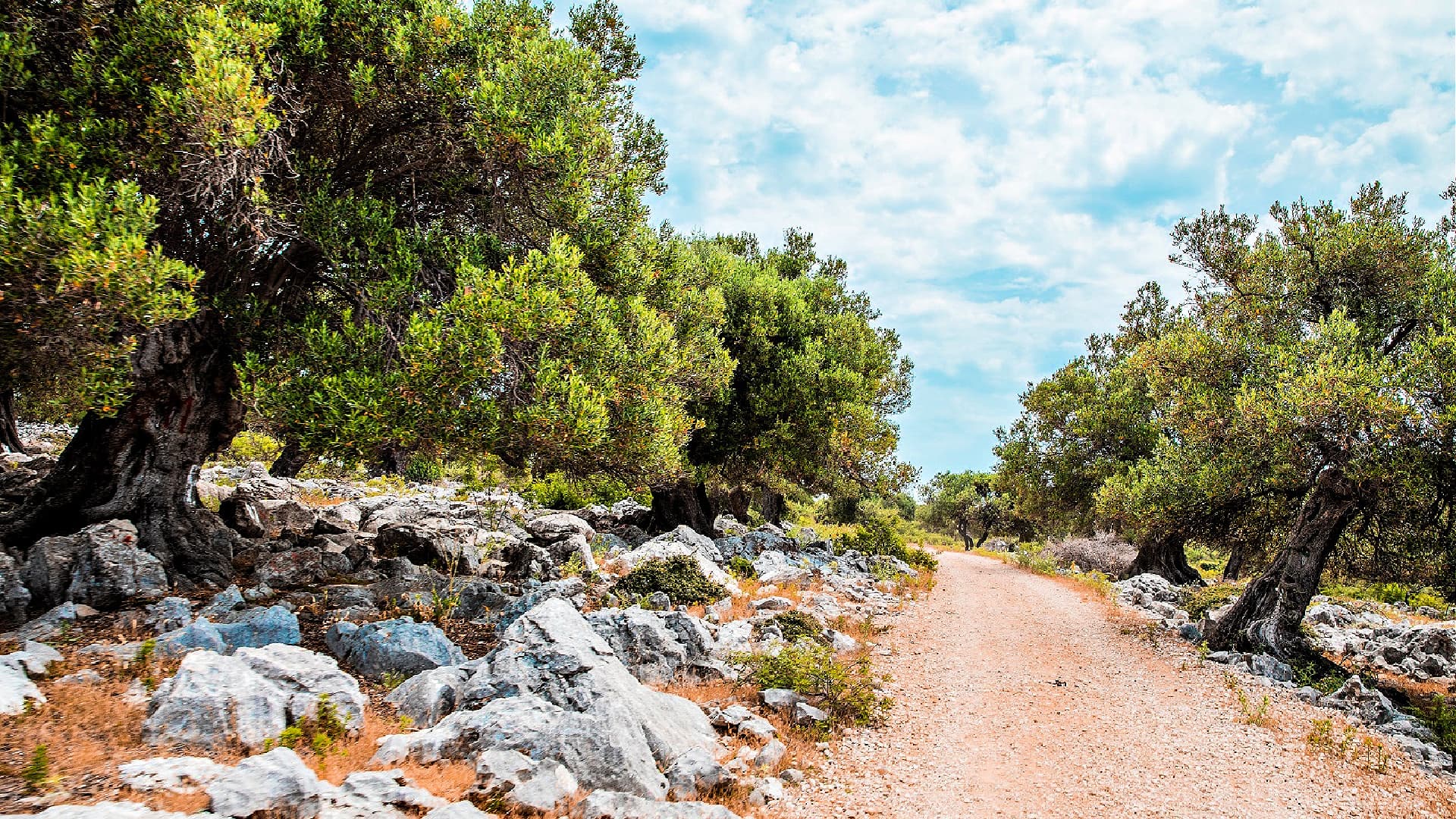
The fertile olive trees were entered in the land books. Each olive tree has an owner, and Lun jointly owned the land and the pasture as a land community. This arrangement lasted until Croatia’s independence from Yugoslavia in the 1990s.
Badurina said that with Croatian independence came silent nationalization. The city of Novalja and the Croatian government registered the land.
This became clear to local farmers during the administration of Ivo Sanader, Croatia’s prime minister from 2003 to 2009, and the subsequent passage of the 2013 Law on Agricultural Land.
See Also:How the Climate Makes and Breaks One Award-Winning Producer’s HarvestThe law explicitly stated that the state of Croatia would put its land into operation through a public tender to the highest bidder.
Only then did it become clear to local producers “what the game is about.” The area ofolive groves and the most attractive part, 70 to 80 hectares known as the Lunja Olive Gardens, could be sold to anyone.
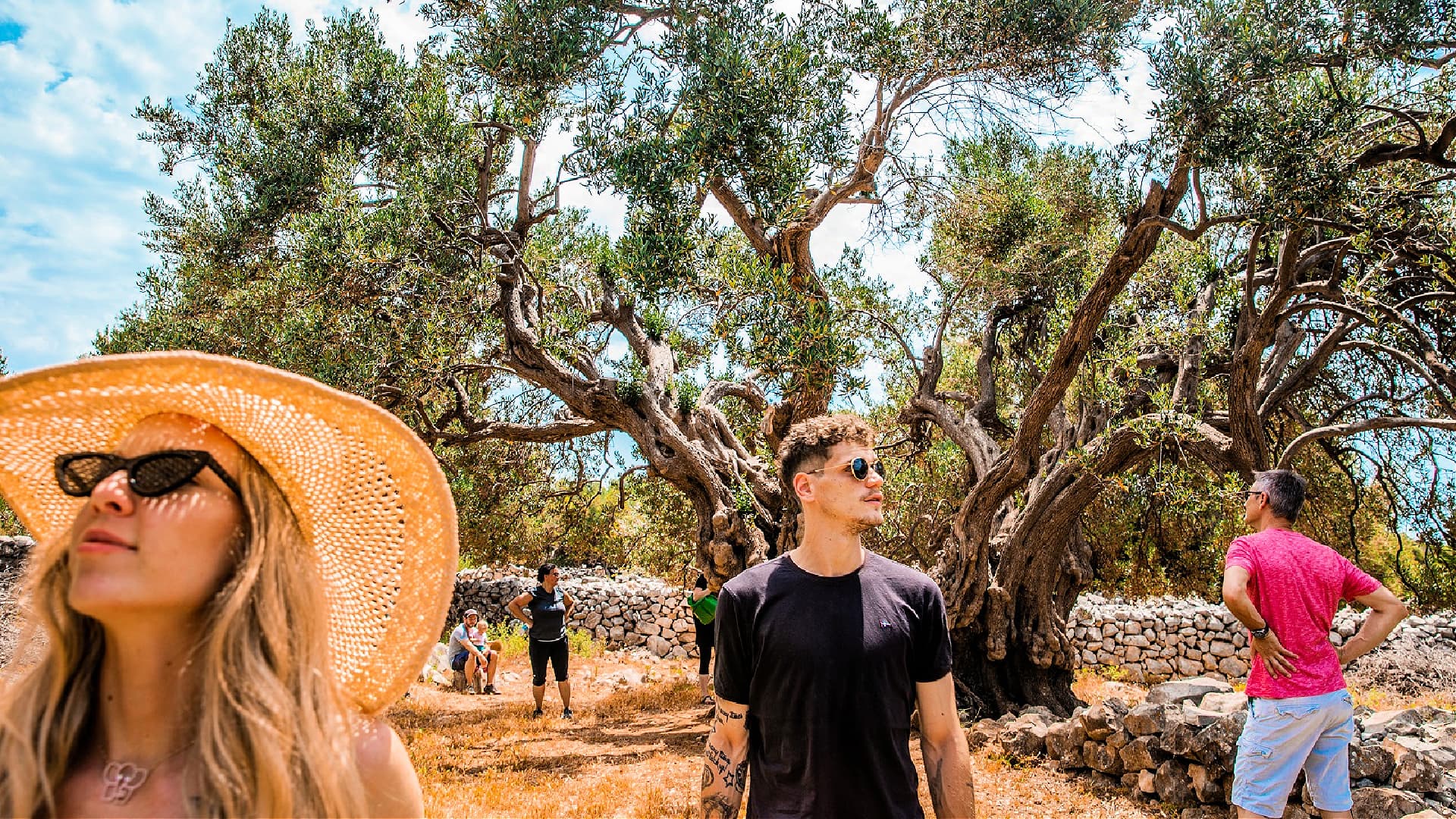
Tourists in the gardens
At the same time, the increasingly famous Lun olives were fetching ever-higher prices due to their attractive location. As a result, Badurina said that growers felt they would be unable to purchase the land at the auction.
To prevent the land from being sold out from under their feet, the farmers filed a lawsuit. In the meantime, they gathered in the Lun Olive Cooperative, of which Badurina is the founder and was the first manager. He served similar roles at the Association of Lun Olive Growers.
“We have decided to file a lawsuit against the state and the city to gain ownership of the land,” he said. “We brought together 85 families who filed a lawsuit. They are the successors of those who have moved away and own an olive tree.”
“We are not the owners of the land, and we have registered the ownership of fruit trees and the right to graft olives,” Badurina added. “We got this right before we got the land in 1848 when serfdom in the Austro-Hungarian Empire was abolished, and the land was given to the inhabitants of Lun.”
Badurina said that the early signals from the city of Novalja were that the municipality would recognize the growers’ claims to the land. He added that an agreement with prosecutors should see the land of the Lunja Olive Gardens returned to growers.
However, collective and individual lawsuits are still pending, and until then, growers on Lun will have trouble accessing grants from the state and European Union.
Badurina warned that non-harvests, similar to the one endured this year, would become more common as some of the funds that growers previously accessed were used to monitor and prevent the spread of pests.
“We think that we inherit olives and any added value that comes from these millennial trees, and the city and the state should support all this,” Badurina said. “We are also ready to compromise: the state could give us land on a long-term lease.”


